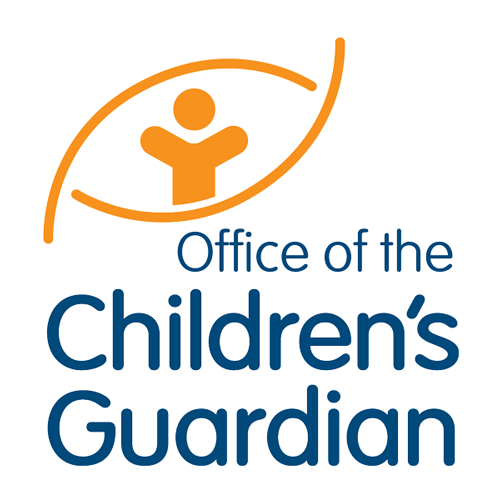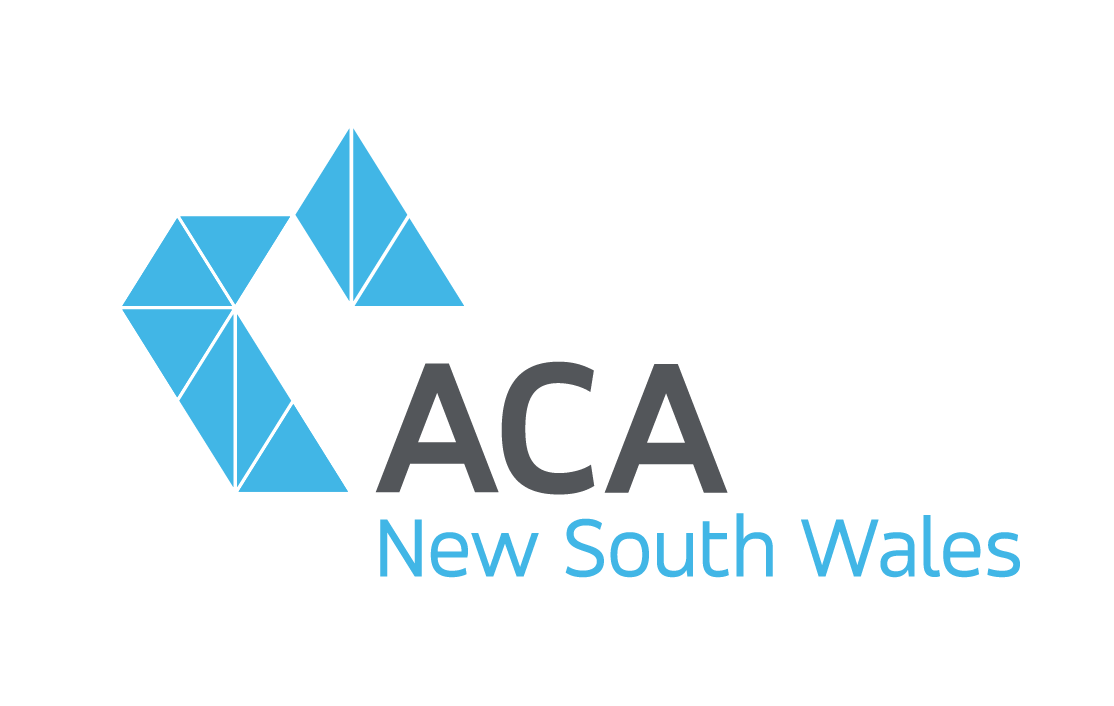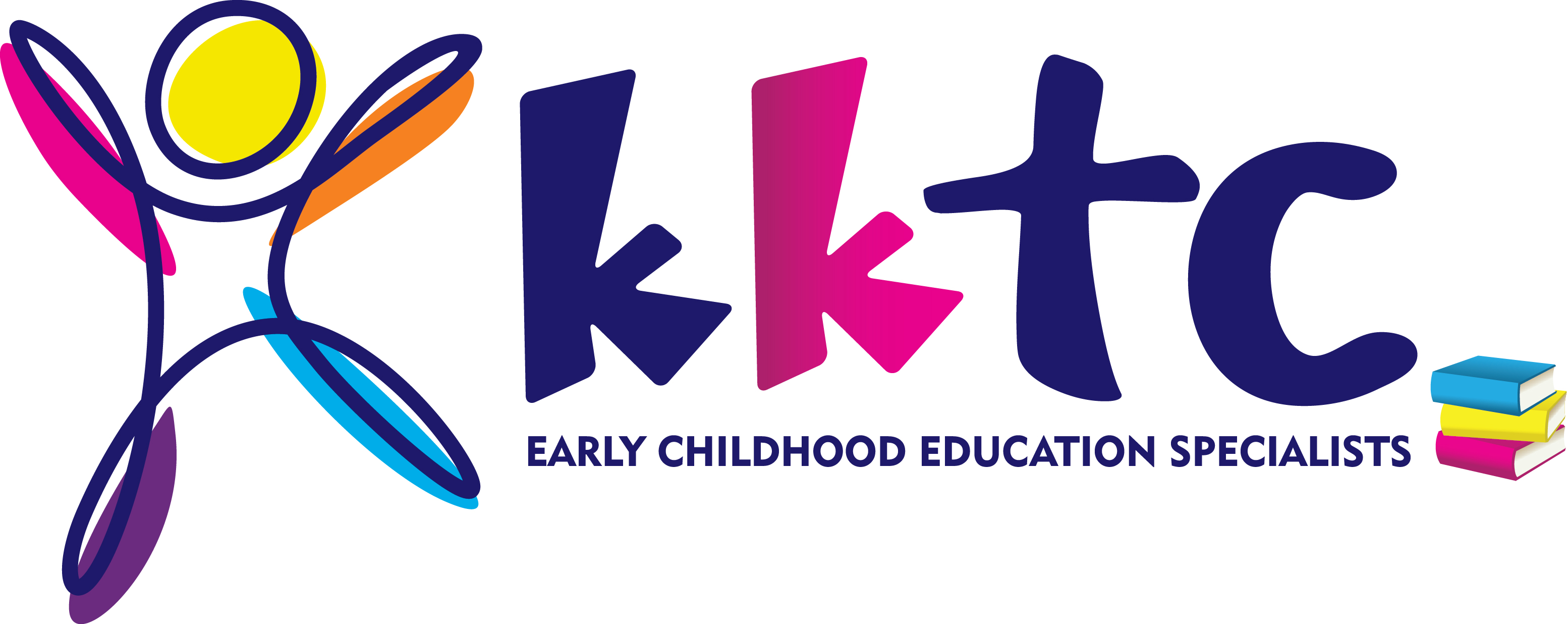All Volunteers and existing paid workers in child-related work in the education sectors are required to hold a Working With Children Check.

Employers in the Early Childhood Education sector must ensure existing employees and volunteers in child-related work have a Working With Children Check and employers must then verify their application (APP) or clearance (WWC) number online.
Gaining a Working With Children Check is a simple, three-step process:
- Apply online
- Go to a Service NSW Centre
- You will then be notified by email once the Check is completed and given a number. In NSW, there is no card or certificate, as employers must verify clearances online.
These steps only apply to employees and volunteers who have not already completed the process above.
More information here at the Office of the Childrens Guardian or contact them on (02) 8219 3777
Working With Children Check FAQs (lifted directly from the Office of the Children's Guardian website)
The Working with Children Check screening process checks the following groups of records:
1. Your national criminal history. The records that are reviewed include:
- convictions (spent or unspent)
- charges (whether heard, unheard or dismissed)
- juvenile records.
2. Any findings of misconduct by a relevant entity
Under the Reportable Conduct Scheme relevant entities must notify the Office of the Children’s Guardian when they become aware of any reportable allegations or convictions made against relevant employees, volunteers or contractors (where a Working With Children Check is required). A workplace investigation must be completed.
Workplace investigations that result in findings of reportable misconduct are notified to the Working with Children and form part of the standard checks for all WWCC applications.
Findings of reportable misconduct include:
- Sexual misconduct committed against, with or in the presence of a child, including grooming a child
- Any serious physical assault of a child.
Relevant entities must inform their worker if they are the subject of a misconduct finding. They must also tell the employee that they have a statutory obligation to report the misconduct to the Office of the Children’s Guardian.
Once proof of identity has been provided to a Service NSW Centre, it can take up to 4 weeks for us to receive National Police Criminal History results. Processing the National Police Criminal History may be delayed if:
- the application form was not completed correctly
- you have not included former names (including aliases) on your application form
- you have a common name shared by more than one person
- you have submitted both paid and volunteer applications.
Please allow 4 weeks before contacting us about your application’s progress.
Through this process, if any triggers arise, the application can be sent for risk assessment which extends the assessment process.
Having a criminal record does not necessarily result in a bar from working with children. You can still apply for a Working with Children Check. The outcome of the Check will depend on the type of criminal or workplace records you have.
Records in Schedule 2 of the Child Protection (Working with Children) Act 2012 lead to an automatic bar against working with children. Equivalent records from other states and territories also result in an automatic bar.
Schedule 1 offences require review by risk assessment.
There are many factors that are considered when the OCG reviews criminal records.
Factors relating to the conduct
- Seriousness (as demonstrated by details of the conduct, court outcome and penalty)
- Length of time since it occurred
- Age and vulnerability of the victim
- Relationship between offender and victim(s)
- Age difference between offender and victim
- Whether the offender knew or could have known the victim was under 18
Factors relating to the applicant
- Conduct since the offence
- Age at the time
- Current age
- Seriousness of total criminal records
Factors relating to recurrence
- Likelihood of the offences being repeated
- Impact on children of the offences being repeated.
We notify people if their application results in an automatic bar or is required to undergo a risk assessment.
The Working with Children Check is an online system and does not have a physical card or certificate. The email you receive when you are cleared has your Working with Children Check number for future reference.
Paid workers need to pay an $80 fee when they visit Service NSW.
The WWCC is free for volunteers.
No. You must be in NSW to complete the Working with Children Check application process. This is because you need to attend a Service NSW Centre to have your identification verified and to make payment, if applicable. There is no alternative to this unless you are an authorised carer or adult household member.
The WWCC application fee is a non-refundable fee.
If you apply twice, become barred, withdraw your application, select "paid" by mistake on your application form, or fail to disclose a maiden name or any previous or alias names, you will not receive a refund.
The Office of the Children’s Guardian uses the information you provide and the information we have access to so that we can assess your application.
We do not disclose any of this information to anyone unless required to do so for legal reasons. The information is used to:
- Identify you
- Check your criminal history and workplace records (if any)
- Conduct a risk assessment (if required)
- Reassess your suitability to hold a WWCC if the Children’s Guardian is notified of new relevant offences or workplace records
- Contact you about your application or Check (for example, when it is time to renew).
UPDATED: 20 OCTOBER 2023







